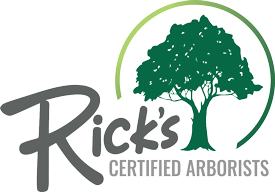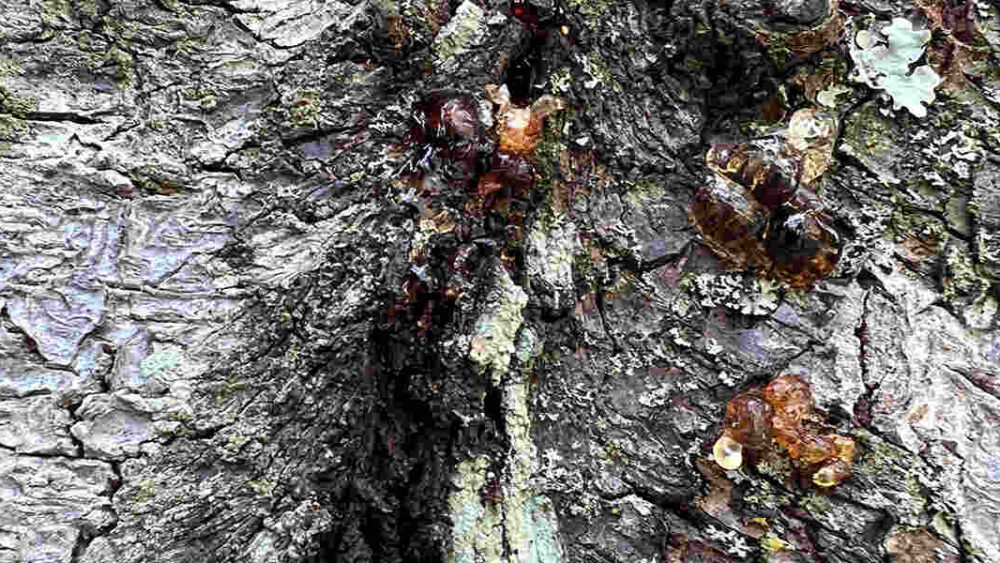Could you be looking at peach tree borer damage? In the heart of beautiful Pennsylvania, these notorious pests wreak havoc on the living landscape. Don’t let them ruin your treasured tree specimens!
As the go-to residential tree care and inspection crew in the area, Rick’s PHC Certified Arborists provides a few tips to help arm your plants against these unwanted guests.
Keep a Vigilant Watch On Your Trees and Act Quickly
With tree pests, the earlier you detect signs of infestation, the easier it will be for you to combat them. If peach tree borers have already made their way into your yard, you might spot the following symptoms on your trees:
- Sawdust-like frass (larvae’s excreted waste)
- Oozing sap
- Wilting leaves
- Stunted growth
- Diminished fruiting yields
- Girdling trees
While its name might imply that the peach tree borer (Synanthedon exitiosa) only targets peach trees, this insect also goes for other fruit and ornamental trees, including cherry, apricot, nectarine, plum, and apple. So, regularly inspecting your specimens can make all the difference when it comes to prevention.
Spotted a Peach Tree Borer? Here’s What to Do Next
If your trees are under siege, you have a battalion of treatments at your disposal to fend off these pests. A certified arborist will likely use the following:
Install Pheromone Traps for Eco-friendly Prevention
Pheromone traps are a non-toxic and eco-friendly method of preventing peach tree borer damage. They mimic the scent of a female borer, luring the males and preventing them from finding actual females to reproduce with.
To set up a pheromone trap, experts will position it at about chest height on the tree during early summer when the males start their quest for a mate.
Consider Regularly Applying Organic Sprays or Insecticides
Insecticides containing substances like Asana XL or Lorsban can help prevent borer eggs from reaching the larval stage, which is when they cause cambium layer damage. Most products require spraying the trunk and lower branches. It’s best to avoid the upper foliage or fruit as this can harm pollinators and other beneficial insects.
You can also try organic neem oil, kaolin clay, or citrus extract sprays as an alternative.
Investing in Biological Control Methods Can Help Maintain Your Trees
Many organisms effectively manage the borer population without causing collateral damage. For example, beneficial nematodes attack eggs, larvae, and pupae when regularly introduced into the surrounding soil.
Another option is Bacillus thuringiensis. This soil-borne bacteria has been used since the 1950s to control insect larvae. Spraying it inside borer holes can act as an organic pesticide that disrupts the pest’s lifecycle.
Consult a Local Arborist to Save Your Trees!
Each tree is unique, and what works for one may not work for another. Why not reach out to a professional for an effective treatment plan for your tree’s specific needs?
At Rick’s PHC Certified Arborists, plant health is a top priority. Call us at 610-840-2655 if you want a team that is fully committed to ensuring your trees stay healthy and bountiful. We can help you to prevent peach tree borer damage and other headaches caused by tree borer insects.


Comments are closed.